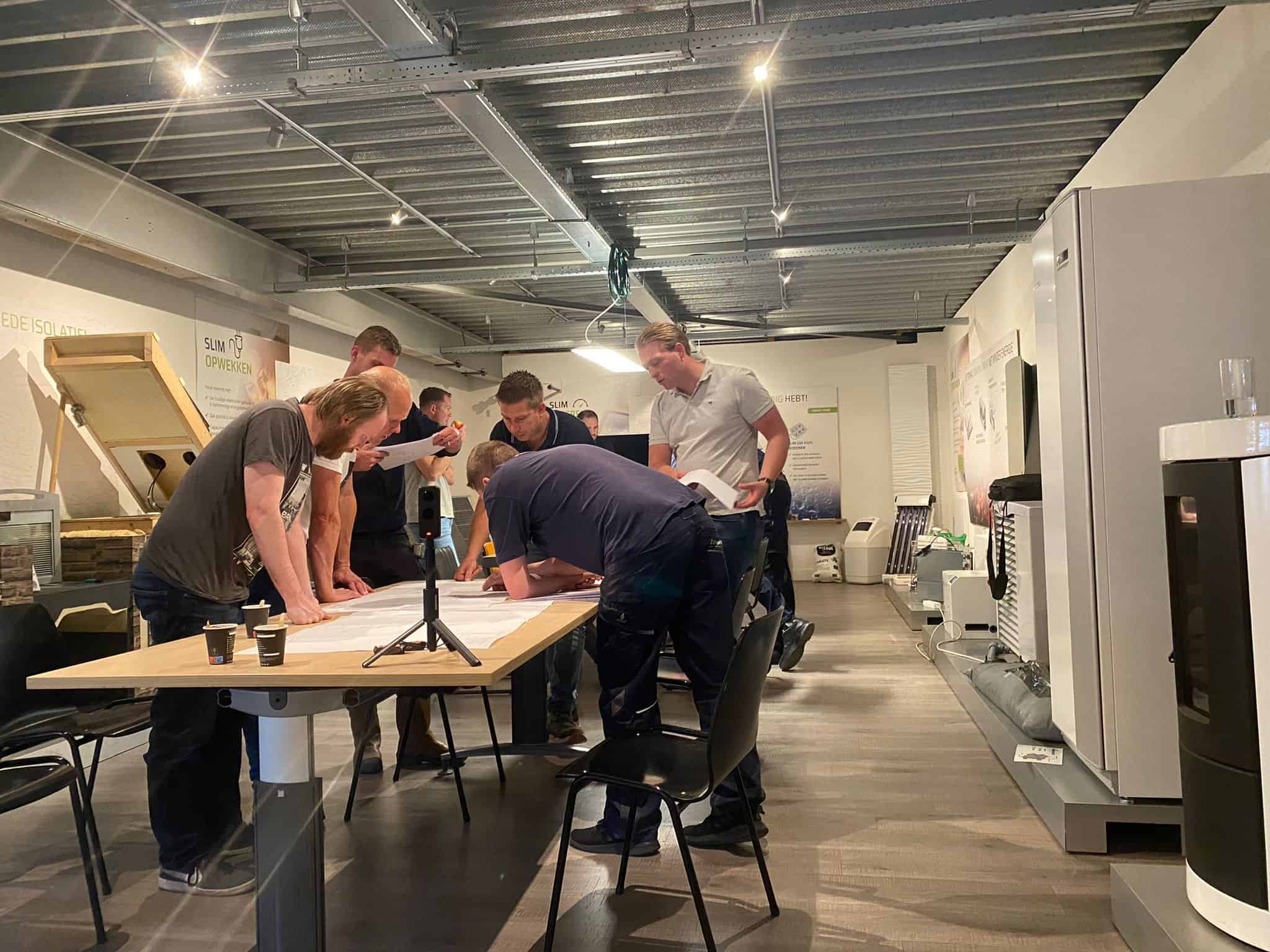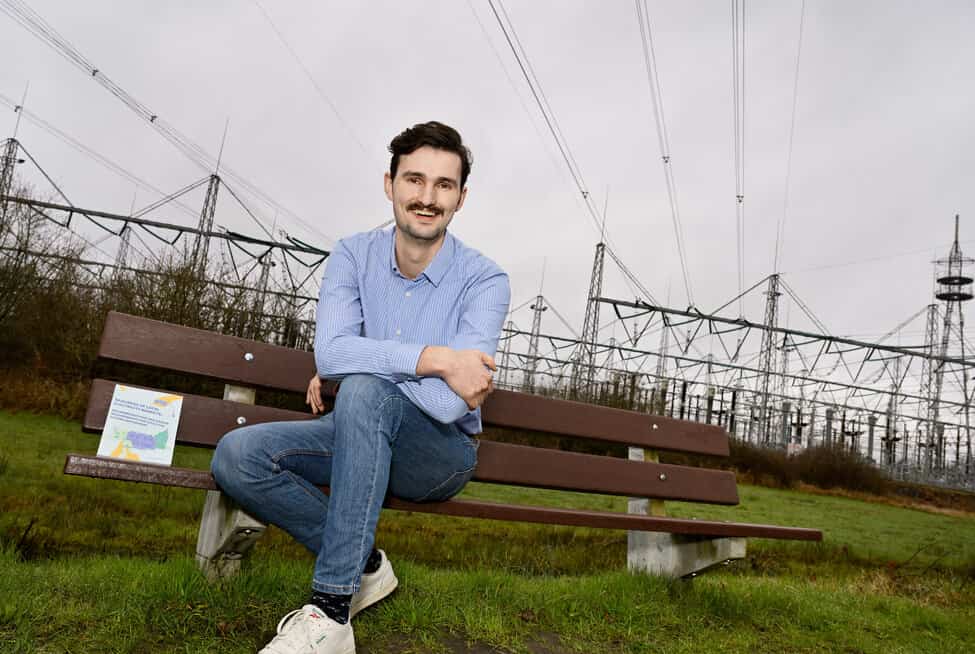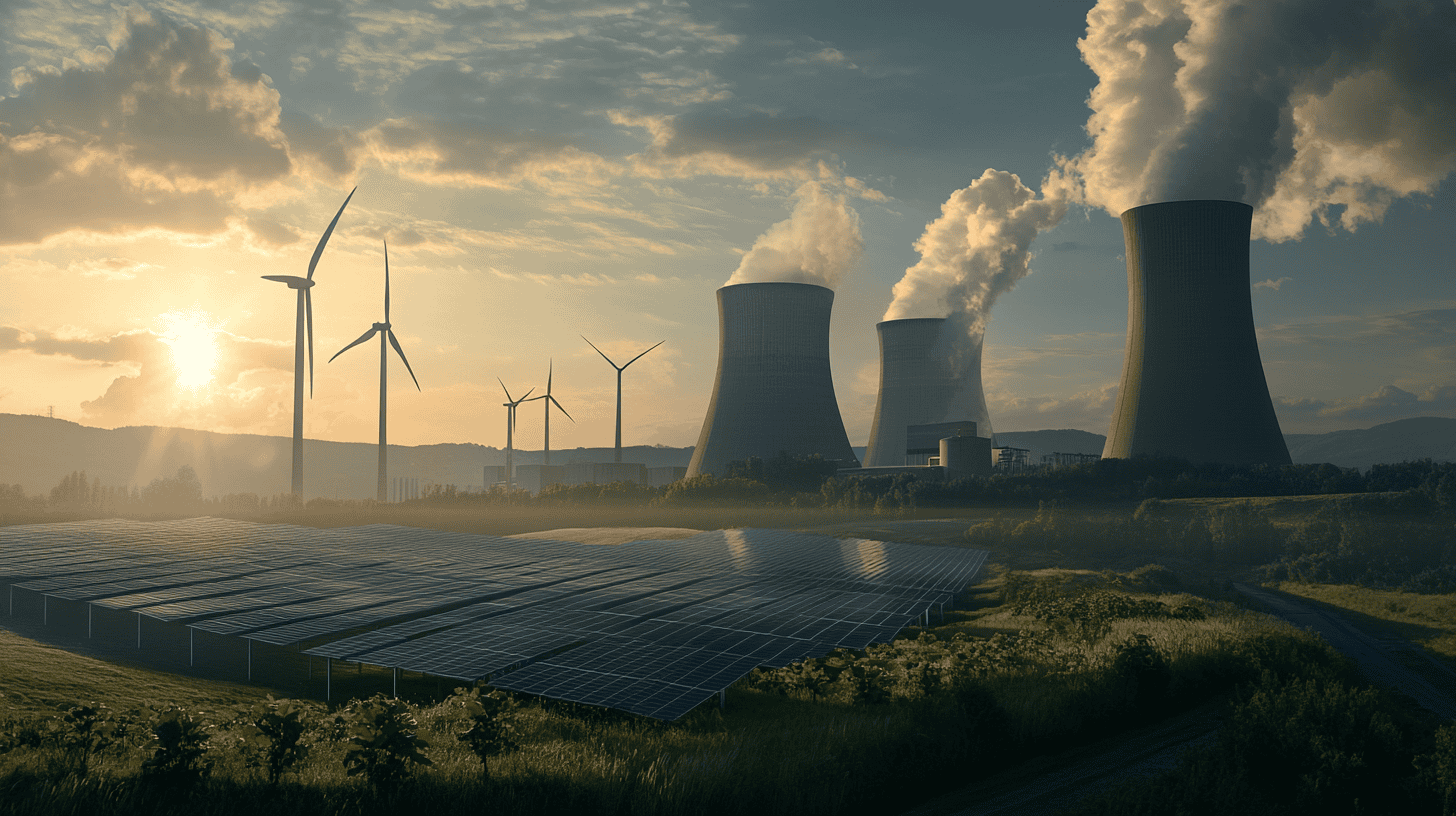
The history of gas extraction in the north of the Netherlands says it all: the province of Groningen is heavily dependent on fossil fuels. Next year, the gas valve in the province will be turned off and in order to keep up with the energy transition, the province will receive EU support through the Just Transition Fund. The province is currently taking stock of where the funds will be spent. It is anticipated that the fund will be opened in Groningen next April for applications from the business community, knowledge and educational institutions, social organizations, and government agencies.
In 2050, the time will have come for the entire European Union to be climate neutral. Over the coming decades, the Netherlands will have to work hard to make the energy transition a reality. In June, the Just Transition Fund (JTF) made a budget of over 17.5 billion euros available, of which the Netherlands will receive €623 millions in the years ahead. The fund is intended to ensure that transition takes place in a fair and equitable manner throughout the Netherlands. Within the Netherlands, Groningen is expected to be hit hardest. More than half of the money that the Netherlands will receive (€ 330 million) will therefore go to this province. A plan is currently being drawn up for the specific allocation of the JTF funds.
Owing to a number of factors, the energy transition in Groningen is going to be a bigger task compared to other provinces in the Netherlands, unless it gets additional support. “Gas extraction plays a big role in the industry in the province,” says Selma Zorgman, JTF quartermaster at the Province of Groningen. “Now that the gas valve is being turned off, we really need to make a switch. In addition, the socio-economic starting position of Groningen is not as strong as that of other regions in the Netherlands. For one thing, it has a lower average income compared to the rest of the Netherlands. The population also has a lower average level of education. Which is why it is good that there is additional support from Europe to enable us to realize this energy transition, without there being parties or groups of residents that are unable to be involved for whatever reason. Together with stakeholders from various disciplines, such as energy, economics, labor market and innovation, we have made an inventory of where the money should be spent,” Zorgman says.
Supporting the manufacturing and chemical industries
Various projects from the region qualify for the JTF. These projects focus, among other things, on investments in SMEs and the retraining, further training and upskilling of employees and job seekers. For instance, some of the funds are expected to go to SMEs in the manufacturing and chemical industries, among other sectors. “Imagine that a company has a plant, while the CO2 emissions have to brought down. Then a lot has to change within that company. Consider the replacement of raw materials that are used and the replacement or modification of equipment. Entire processes will change, but so will the economic chains. For example, the fund can offer support in connecting companies to parties that bring innovations to the market, like circular raw materials. This way, new innovations will be conceived and new pilot plants will be created over the next few years.”
At the end of this year, the concrete JTF plans will be submitted by the Netherlands to the European Commission for approval. “And in the spring all the rules of the game will then be clear and we can really get started. That the energy transition is going to take place, there is no longer any doubt about that. It’s now a matter of seeing how we can make sure that we are going to get through it successfully, and ideally, benefit from it as well.” The amount of 330 million euros in funds that has been promised for Groningen can still be adjusted by the European Commission, depending on the plan submitted from the province.
Collaboration with Friesland and Drenthe
The plans surrounding the fund are being made in collaboration with the other northern provinces and the labor market round table for the Northern Netherlands, with all provinces contributing their own unique expertise. “Groningen has been strongly committed to hydrogen and wind at sea for a long time, and Friesland in turn has a lot of knowledge when it comes to water technology. We can make good use of that knowledge in making the Northern Netherlands more sustainable, and are working closely together for that purpose,” says Zorgman.
A leverage effect
The fund alone is not enough to ensure that the energy transition in Groningen will proceed smoothly, Zorgman admits. For example, substantial investments still need to be made in entire energy infrastructure in the province. “We have to make sure that the energy grid can cope with the power generated by wind farms, for example. We need to look at how we can deal with the peaks and troughs in the supply of solar and wind energy. JTF is aimed at stimulating innovations in that area, but larger sums are needed. The fund has a kind of leverage effect. Hopefully governments and other non-European funds will follow.”
Read other stories about Groningen via this link.








